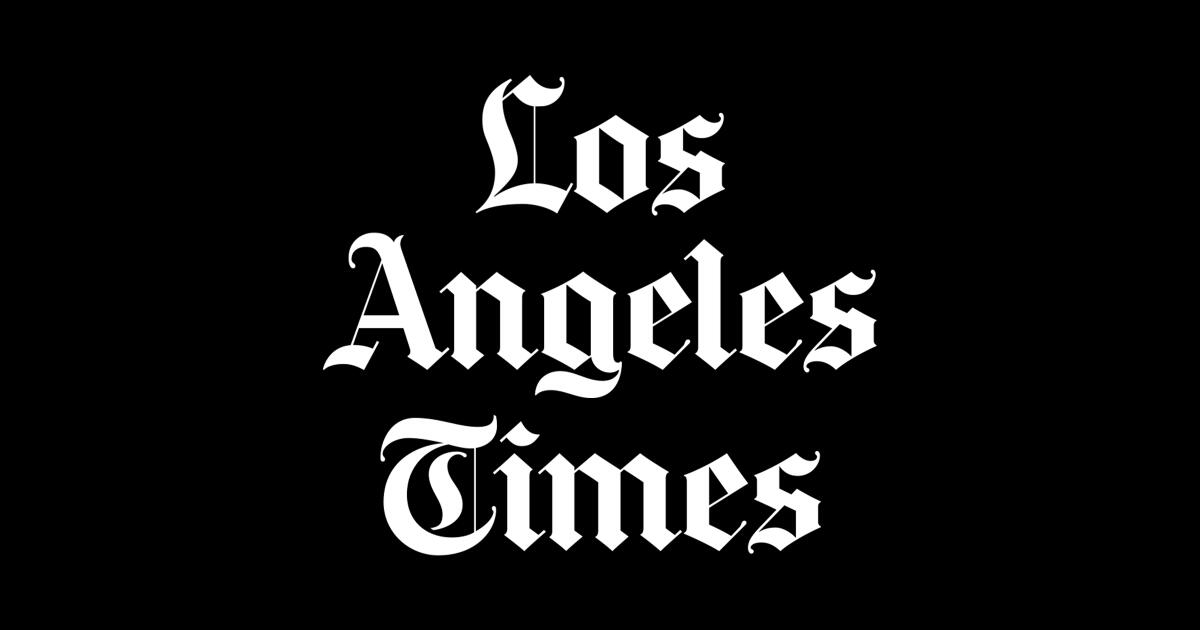- Jul 15, 2003
- 80,287
- 17,081
- 136
The Christopher Commission was formed immediately after the video of Rodney king surfaced in 1991. Eventually they came out with a report on police and race relations in Los Angeles, not long after the 92 riots. You can find the Christopher Commission Report all over the internet.
Chapters 1 - 4
The LAPD started collecting and analyzing data on use of force, racial discrimination, hiring practices, and civilian complaints at far back as 1980. They knew about a great many problems formally and also shared it with the city. They didnt start looking at how to correct such problems until well after the Rodney King incident of March 1991. They also knew most of the command staff had a habit of covering or ignoring problems during that time period. They made some small strides in the form of policy changes to hire more women and minorities between 1980 and 1991 (including homosexuals) but in practice they didn't increase recruiting as much as they had promised to. And those who were hired during that time period were treated very poorly.
They knew about serious violations of policy and law concerning use of force but did little or nothing to correct such officers, going so far as to ignore substantiated and unsubstantiated reports and giving said officers excellent evaluations and promotion recommendations.
As late as 1991, people applying to the Academy were being asked their sexual orientation. Homosexuals were told to provide at least one name and address of an intimate partner.
Chapters 1 thru 4 say a lot more than that, but you guys can read the whole thing yourselves if you like. My summary is simplified.
Chapters 1 - 4
The LAPD started collecting and analyzing data on use of force, racial discrimination, hiring practices, and civilian complaints at far back as 1980. They knew about a great many problems formally and also shared it with the city. They didnt start looking at how to correct such problems until well after the Rodney King incident of March 1991. They also knew most of the command staff had a habit of covering or ignoring problems during that time period. They made some small strides in the form of policy changes to hire more women and minorities between 1980 and 1991 (including homosexuals) but in practice they didn't increase recruiting as much as they had promised to. And those who were hired during that time period were treated very poorly.
They knew about serious violations of policy and law concerning use of force but did little or nothing to correct such officers, going so far as to ignore substantiated and unsubstantiated reports and giving said officers excellent evaluations and promotion recommendations.
As late as 1991, people applying to the Academy were being asked their sexual orientation. Homosexuals were told to provide at least one name and address of an intimate partner.
Chapters 1 thru 4 say a lot more than that, but you guys can read the whole thing yourselves if you like. My summary is simplified.
Last edited:



